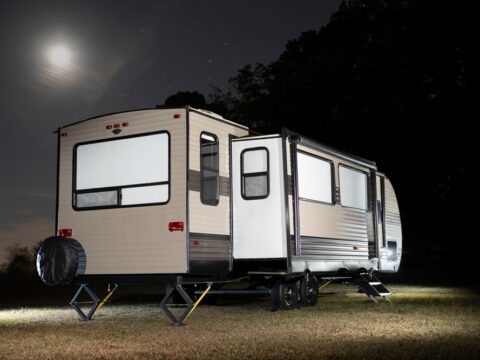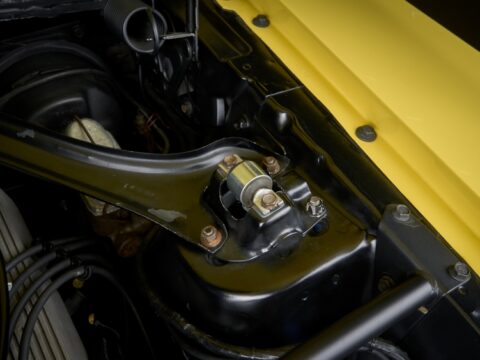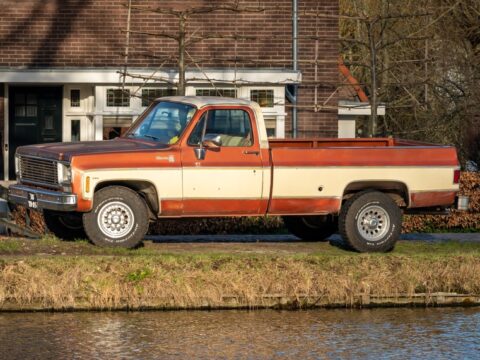Buying a new car can be an exciting experience, but the cost can quickly add up, especially in areas with high sales taxes. Some cities and states impose significantly higher tax rates on vehicle purchases, making it important to know where these added costs are the highest. We’ll explore 20 areas in the U.S. with the highest sales taxes on new cars, and why these taxes are so steep.
Contents
Tacoma, Washington
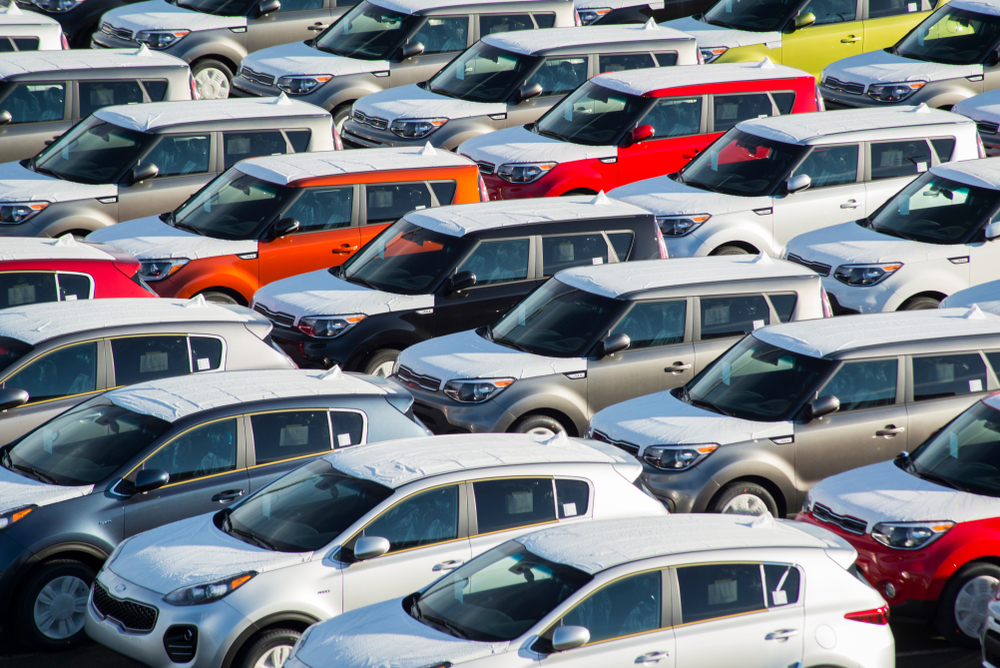
Tacoma is known for having one of the highest combined sales tax rates in the U.S., currently sitting at around 10.3%. This rate is a result of Washington’s relatively high state tax, layered with additional local taxes. The city relies on this revenue stream to maintain its public services and infrastructure. Car buyers in Tacoma face steeper costs, partly due to the area’s need to fund expanding transportation systems.
Seattle, Washington

Seattle’s sales tax rate is similarly high, reaching 10.25%, which makes new car purchases particularly expensive. The combination of Washington’s state tax and Seattle’s local tax contribute to this elevated figure. The revenue generated is crucial for supporting Seattle’s robust public transportation and ongoing urban development. Buyers here are often burdened by these high costs, as the city continues to grow rapidly.
Chicago, Illinois
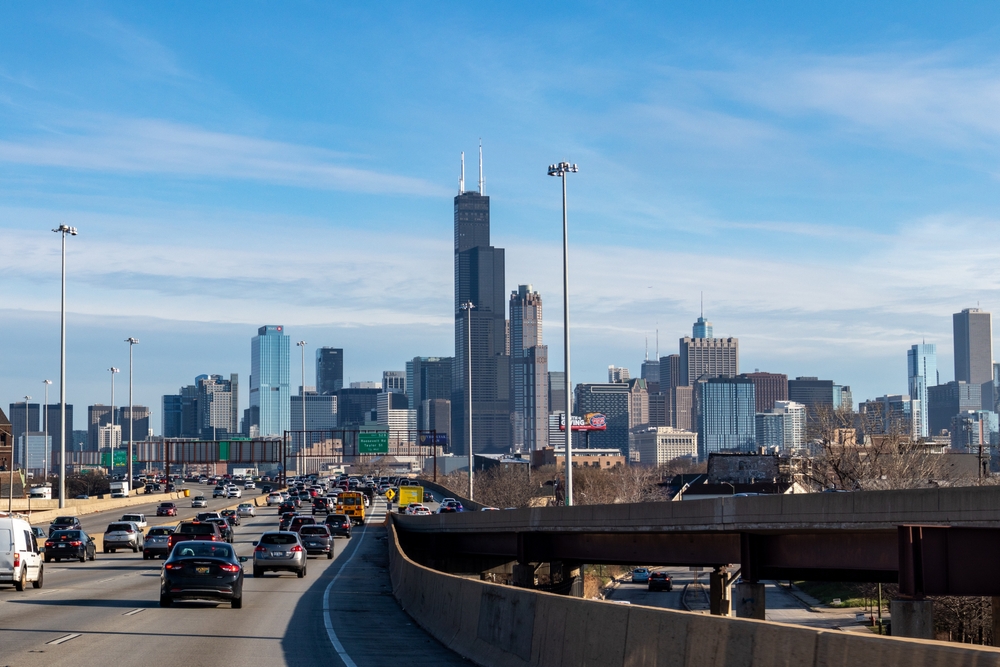
With a sales tax of 10.25%, Chicago ranks among the highest in the Midwest. Illinois imposes a base state tax of 6.25%, but Chicago’s additional local taxes drive up the total cost of vehicle purchases. This revenue is vital for funding the city’s infrastructure, public safety, and educational systems. Buyers in Chicago are hit particularly hard as the city also looks to address budget shortfalls through various forms of taxation.
Long Beach, California
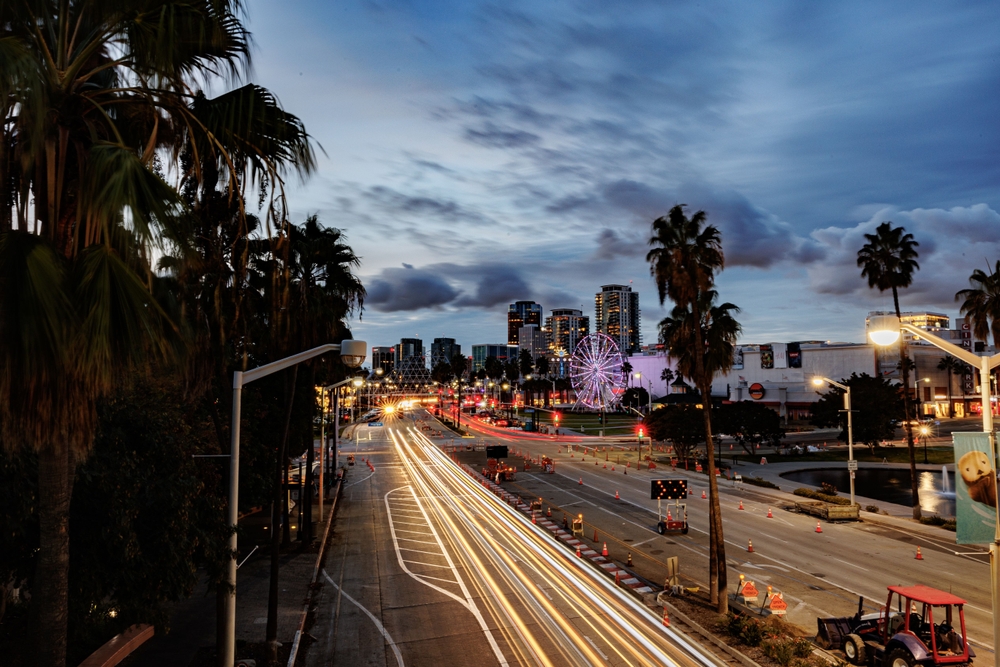
Long Beach residents experience a hefty 10.25% sales tax on new car purchases, largely driven by California’s high base rate of 7.25%. Local governments tack on extra taxes to fund crucial services like law enforcement and public transit. Long Beach, being a major port city, relies on these funds for city projects and maintenance. Buyers here feel the pressure as these added taxes significantly inflate the overall cost of vehicles.
Glendale, California
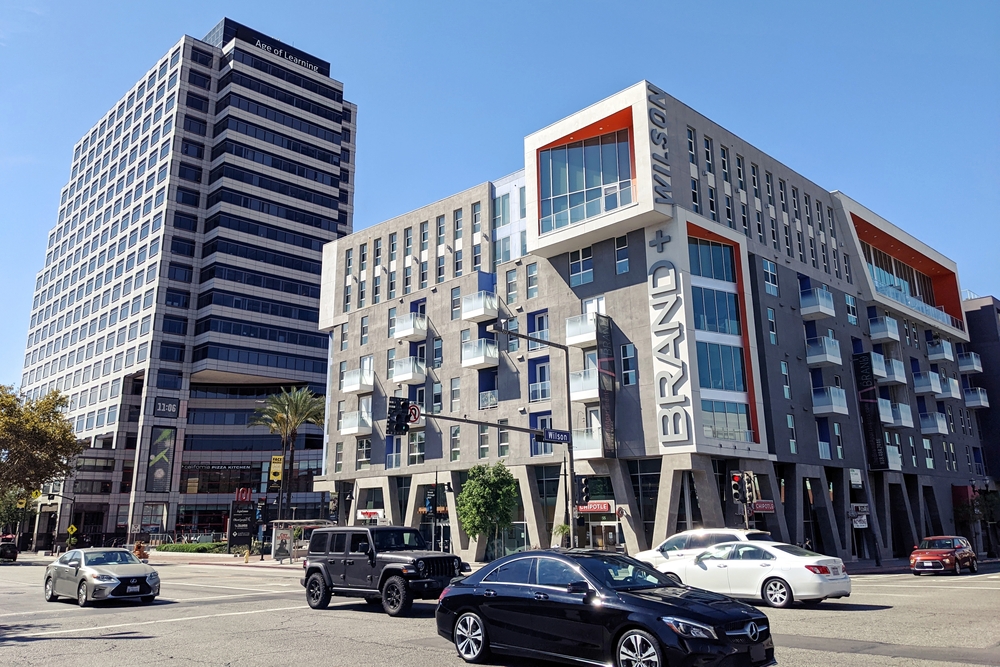
In Glendale, the sales tax rate reaches about 10.25%, aligning with many cities in Los Angeles County. The funds collected from vehicle sales contribute to a variety of public services, including city infrastructure and healthcare. California’s environmental policies and urban demands often require increased taxation, reflected in higher car purchase prices. For Glendale residents, this translates to higher expenses when buying new vehicles.
Birmingham, Alabama
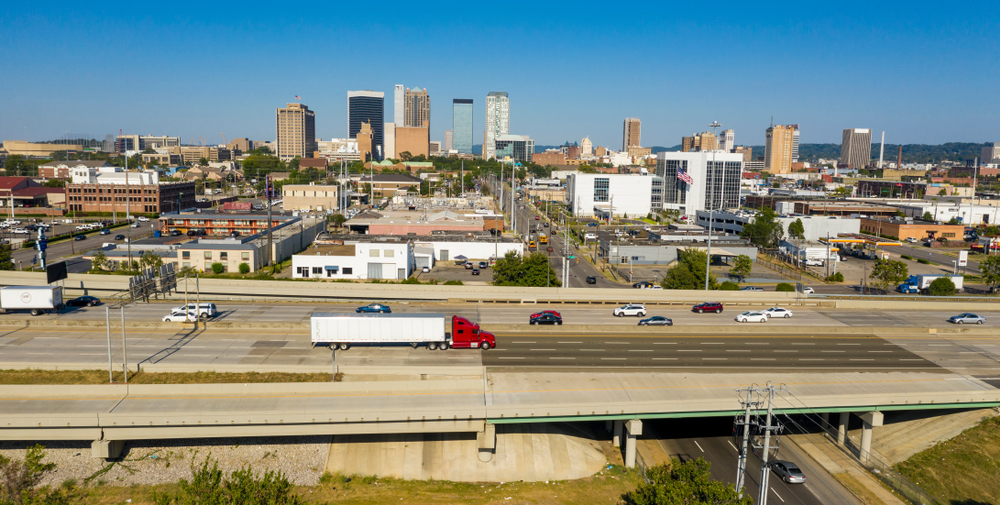
Birmingham’s sales tax rate of 10% stands out in the Southeastern U.S., where taxes are generally lower. Alabama’s state sales tax is relatively modest, but Birmingham adds considerable local taxes to cover the costs of public services. This revenue is channeled into infrastructure projects and educational initiatives, both of which are critical to the city’s growth. As a result, car buyers in Birmingham face higher costs compared to other parts of the state.
Montgomery, Alabama
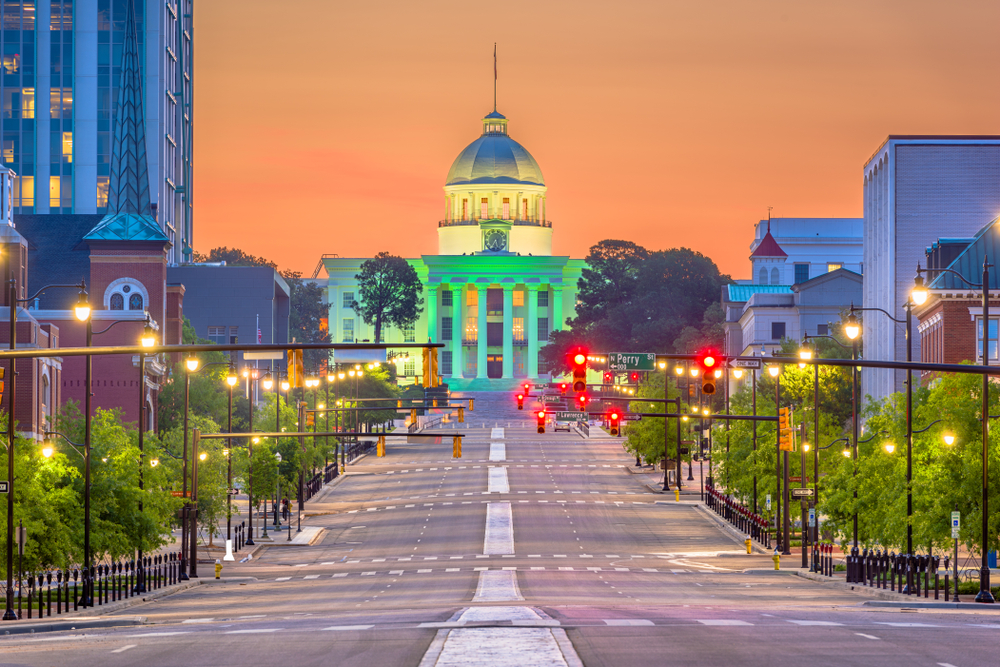
In Montgomery, the combined sales tax is also around 10%, closely mirroring Birmingham. The capital city’s reliance on sales tax is heightened by Alabama’s limited income tax revenue, placing more emphasis on local taxes. Funds collected from vehicle sales help support public services, including road maintenance and city improvements. Car buyers here are particularly affected by these local taxes, making the purchase of new vehicles more costly.
Baton Rouge, Louisiana
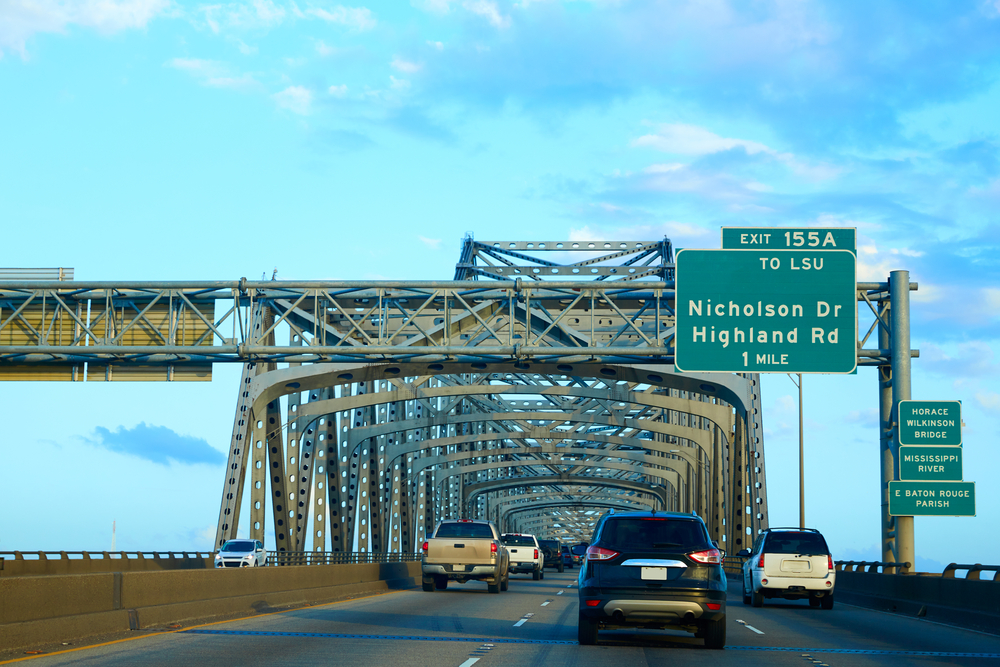
Baton Rouge imposes a combined sales tax of about 9.95%, making car purchases notably expensive. Louisiana’s high base sales tax rate of 4.45%, paired with additional local taxes, contributes to this hefty rate. The funds are essential for maintaining Baton Rouge’s infrastructure, particularly its roadways and flood control systems. Buyers in the area face these elevated costs, as the city depends on this revenue for essential services.
New Orleans, Louisiana
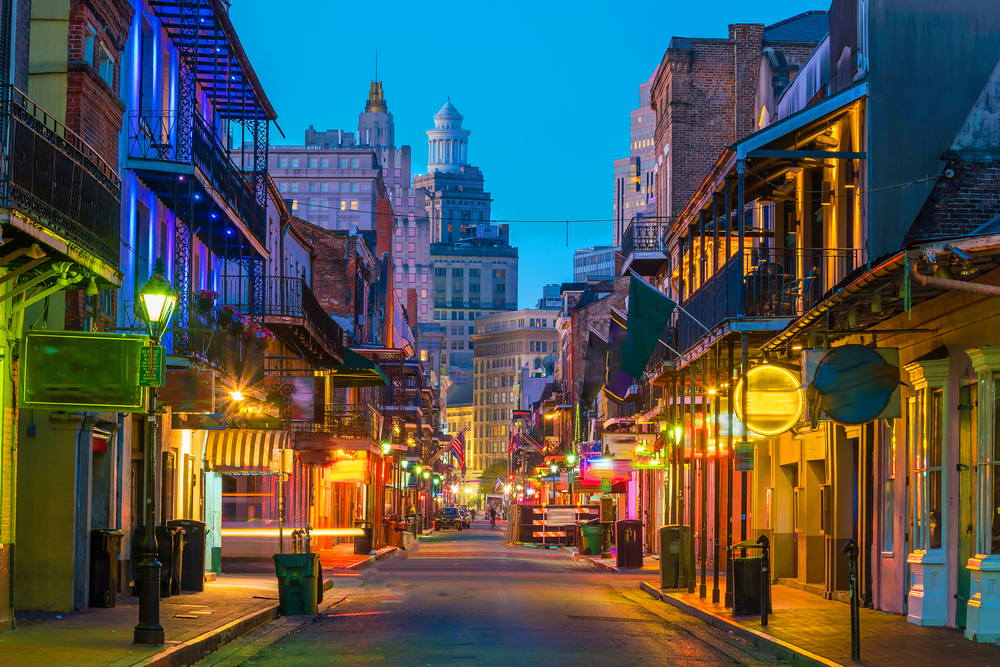
New Orleans’ sales tax rate is slightly lower, at approximately 9.45%, but still among the highest in the region. The city relies heavily on this revenue to fund its ongoing recovery efforts and public services. Given New Orleans’ unique challenges with infrastructure and emergency preparedness, taxes from vehicle sales are an important source of income. Car buyers in New Orleans often find themselves paying significantly more due to these local levies.
Los Angeles, California
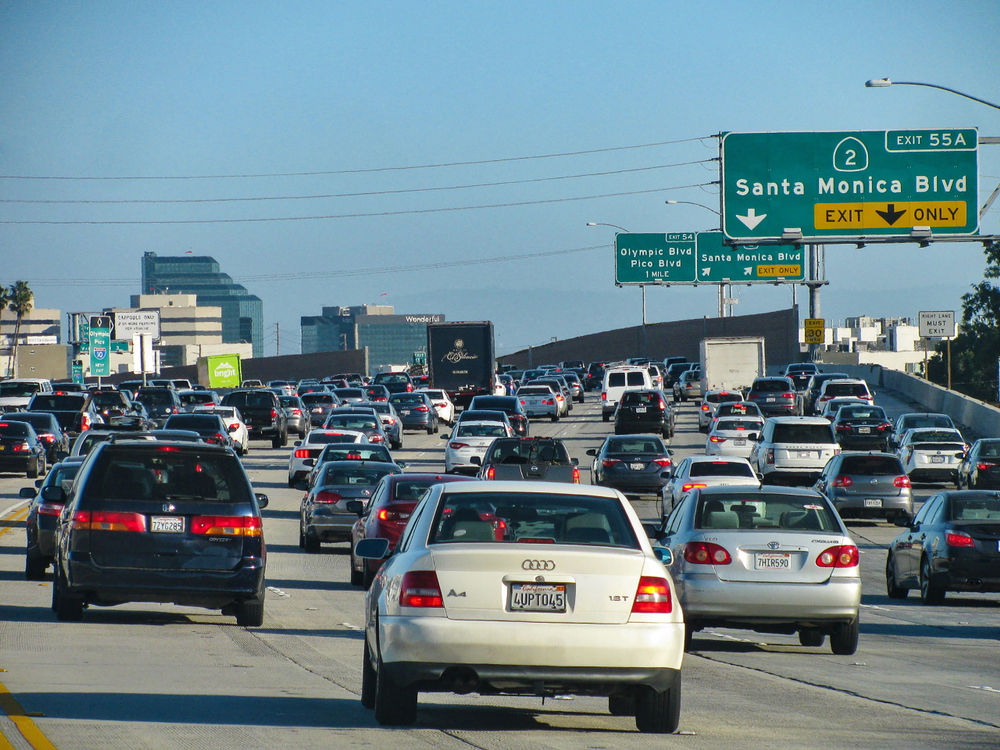
Los Angeles has a combined sales tax rate of about 9.5%, which is higher than many other U.S. cities. The state’s high base rate, in combination with LA’s local taxes, leads to increased costs for car buyers. Revenue from these taxes is crucial for maintaining Los Angeles’ vast transportation network and infrastructure. As a result, new vehicle purchases come with a significant tax burden in this sprawling metropolitan area.
San Francisco, California
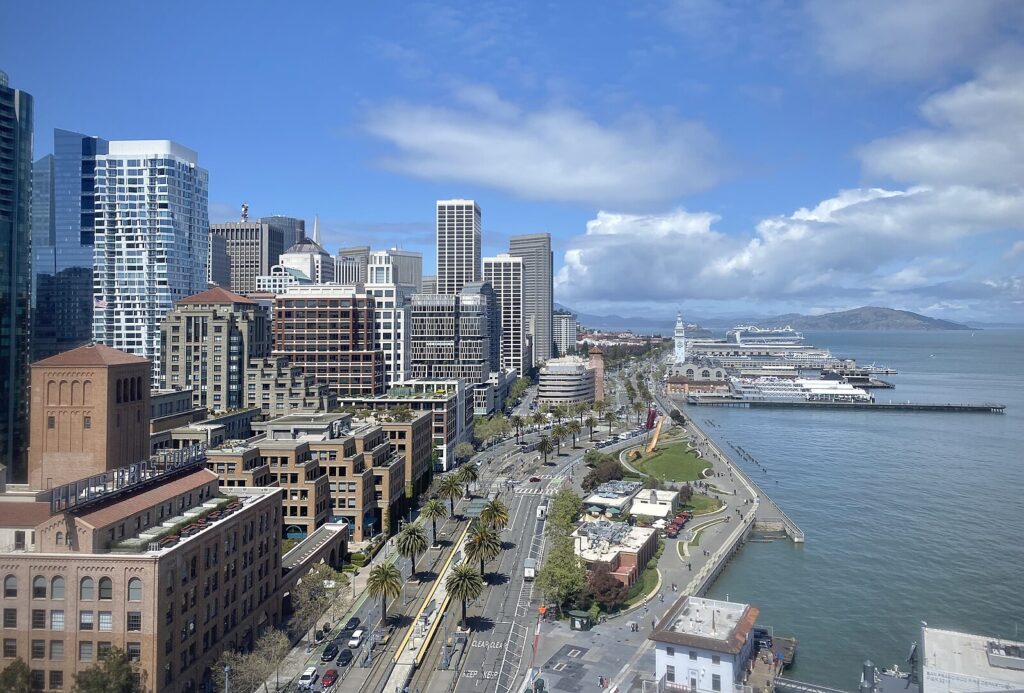
San Francisco imposes a 9.375% sales tax on new car purchases, reflecting the city’s high cost of living and operating expenses. The revenue supports critical services, including public transportation and environmental sustainability projects. San Francisco’s dense urban environment and reliance on public services make these funds especially important. Consequently, car buyers in the city face elevated costs as a result of the layered tax structure.
Phoenix, Arizona
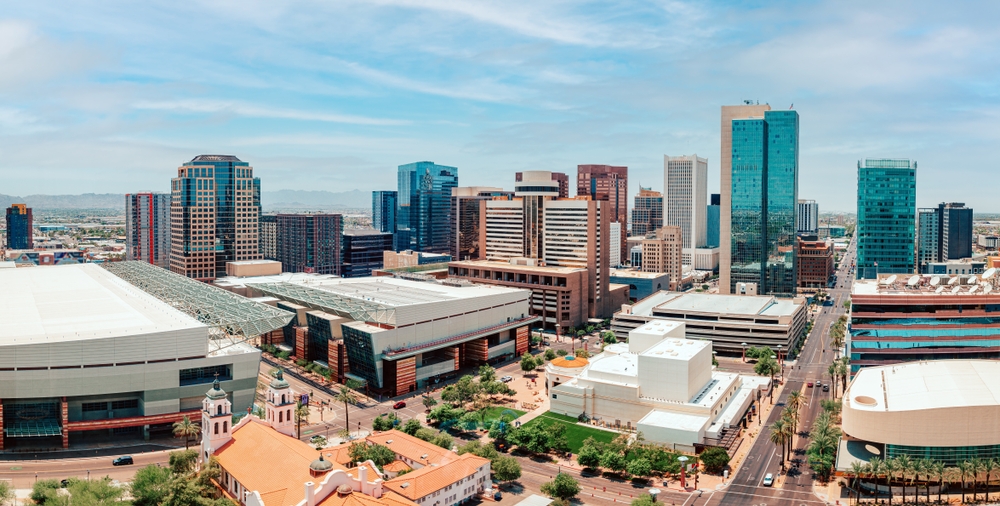
Phoenix residents face a combined sales tax rate of 8.6%, one of the highest in Arizona. The state’s relatively moderate base tax is amplified by local taxes in Phoenix, which help fund public services. The city’s rapid growth has placed additional demands on its infrastructure, making sales tax revenue crucial. Buyers here see the impact of this tax structure when purchasing new vehicles.
Tucson, Arizona
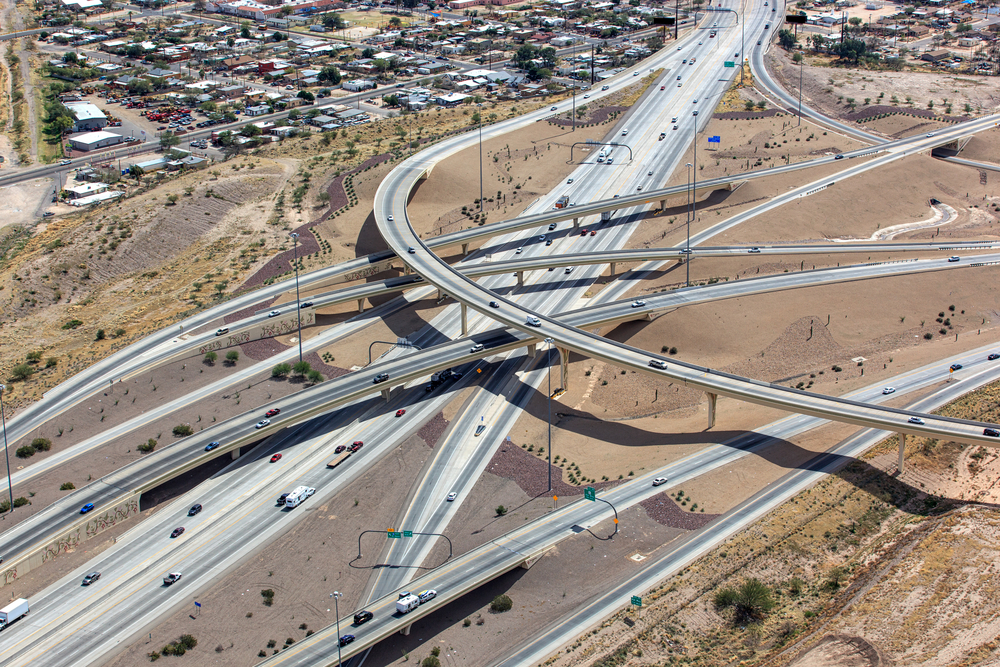
In Tucson, the sales tax on new cars is also around 8.6%, slightly below Phoenix but still significant. As Arizona’s second-largest city, Tucson adds local taxes to the state’s base rate to support growing infrastructure needs. The funds are used to improve roads and expand public services in a city that continues to grow. Car buyers in Tucson feel the effects of these added costs when making their purchases.
Denver, Colorado
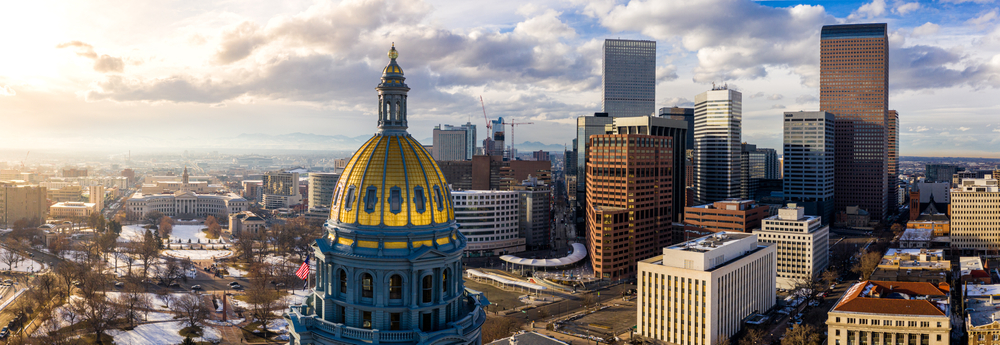
Denver has a sales tax of around 8.81%, which is higher than the state average. Colorado’s moderate base tax is compounded by local taxes to help fund Denver’s public transportation and urban development projects. The city’s growing population has created a need for expanded services and infrastructure, making vehicle sales tax revenue critical. Buyers in Denver face steeper prices as a result.
Oklahoma City, Oklahoma

Oklahoma City’s combined sales tax rate of 8.625% makes new car purchases relatively expensive for residents. While Oklahoma’s base tax is lower than many states, local taxes significantly increase the cost of vehicles in the city. These funds are directed toward maintaining and improving the city’s infrastructure, which is essential for its growing population. Buyers here are impacted by the rising costs driven by these local tax additions.
New York City, New York
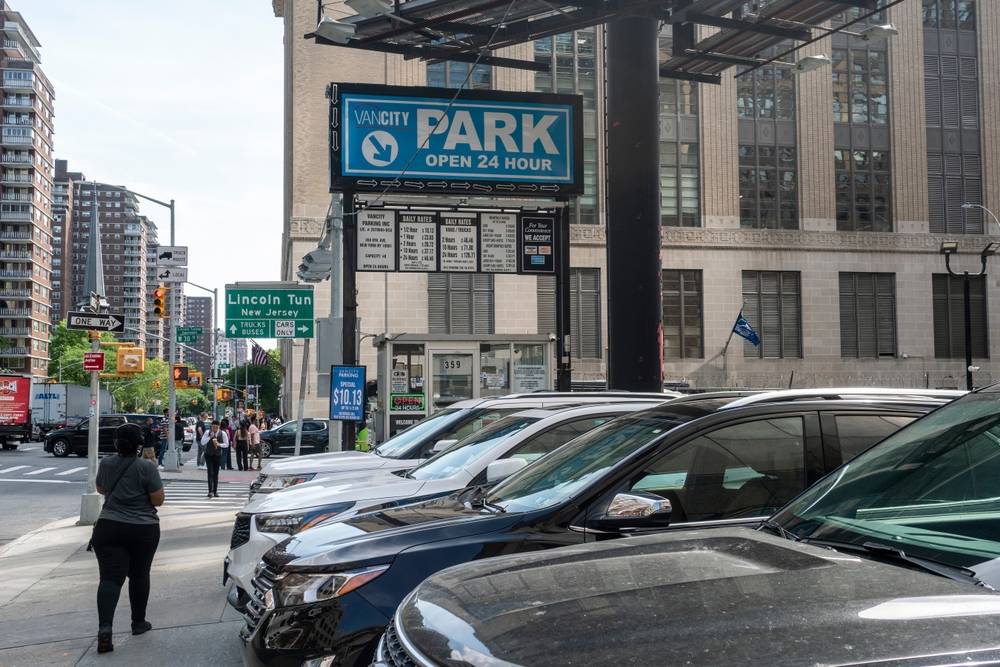
New York City’s sales tax rate of 8.875% makes car purchases in the city notably costly. The state’s 4% base tax is significantly increased by local and borough-specific taxes. The funds collected are vital for supporting NYC’s vast transportation and public service networks. Car buyers in the city face higher prices, as the tax burden is particularly high to fund its complex infrastructure.
San Diego, California
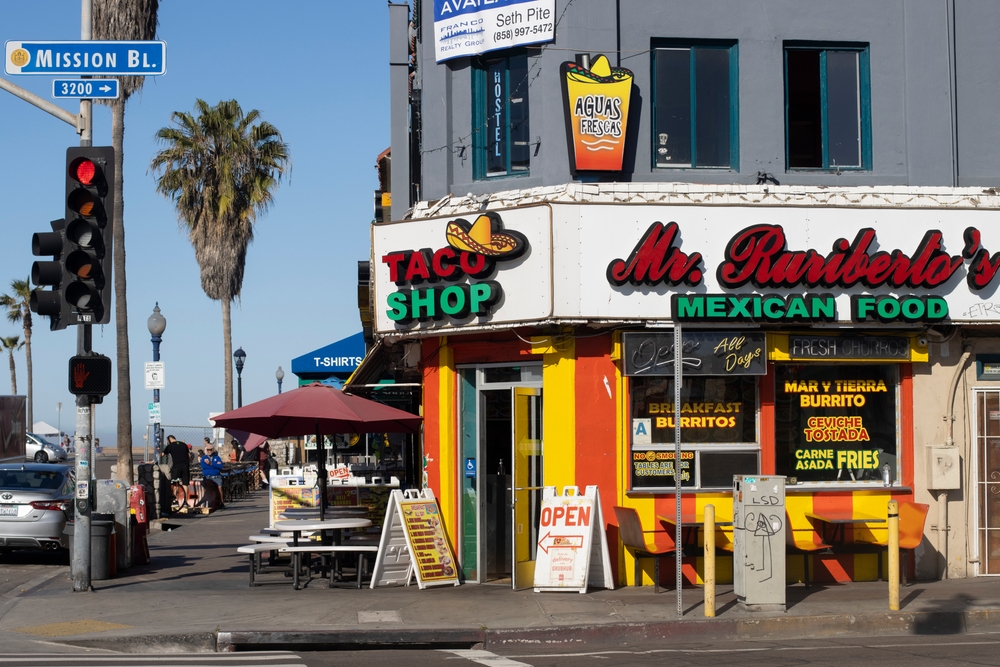
In San Diego, the sales tax on new cars is around 8.25%, which is slightly lower than in other major California cities. However, California’s overall high tax rate still makes buying a vehicle costly. The funds from vehicle sales taxes support the city’s public services and road maintenance. San Diego’s growing economy places additional demands on infrastructure, making these revenues important for city development.
Las Vegas, Nevada
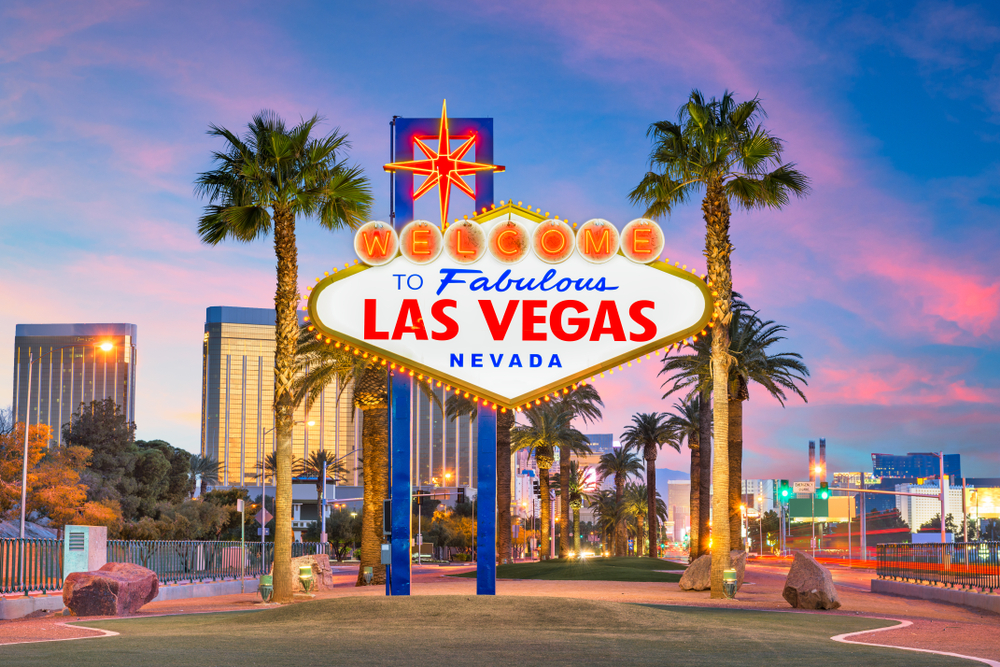
Las Vegas imposes a combined sales tax of 8.375% on new car purchases, reflecting the city’s reliance on sales taxes due to Nevada’s lack of a state income tax. Vehicle sales taxes help fund the city’s public services and infrastructure, which are crucial in a rapidly expanding urban area. Las Vegas’ booming economy and tourism also drive demand for enhanced transportation systems, making this revenue essential. Buyers in the city face increased costs as a result of these local taxes.
Miami, Florida
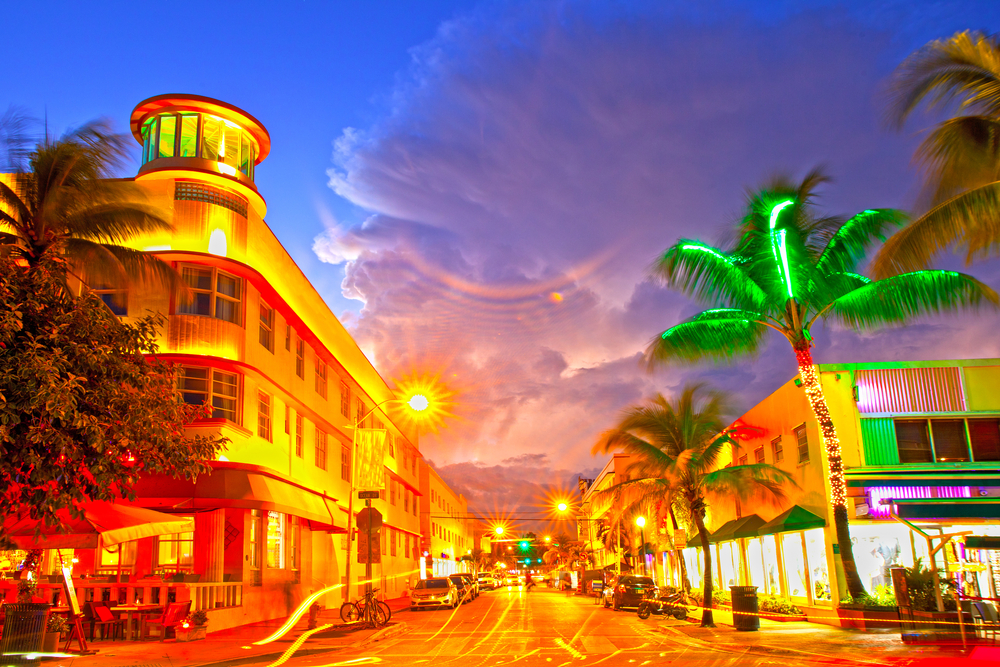
Miami’s sales tax rate of 7% is lower compared to other cities on this list but still significant for car buyers. Florida’s lack of a state income tax means the state relies heavily on sales taxes for revenue. Local taxes added to the state’s rate are used to support Miami’s infrastructure and public services. Car buyers in Miami face moderate costs, but the sales tax still represents a considerable portion of the overall purchase price.
Atlanta, Georgia
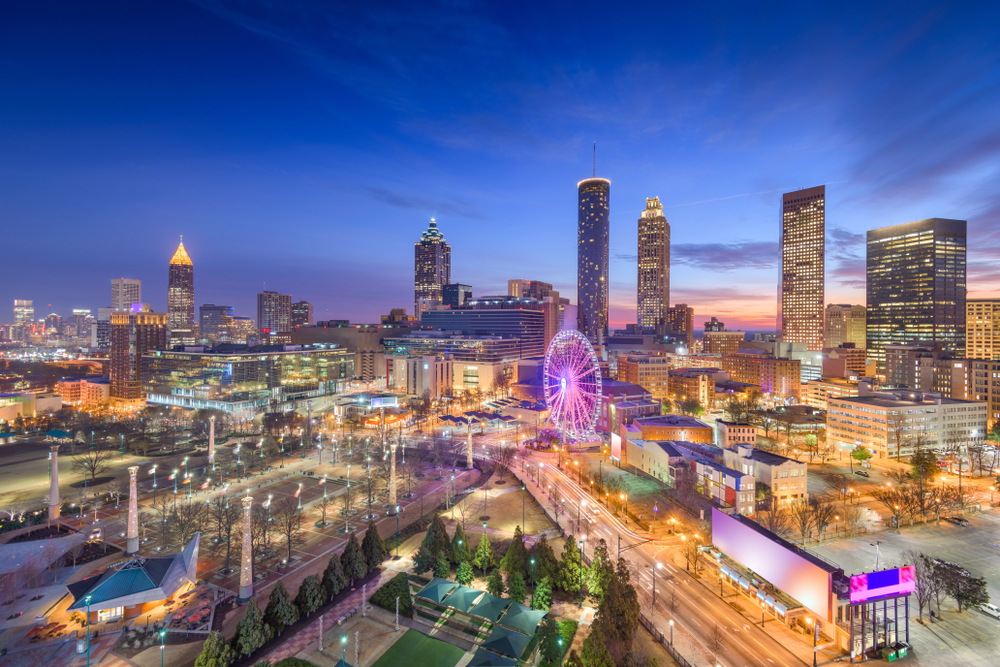
Atlanta’s combined sales tax on new vehicles is around 8.9%, driven by Georgia’s state tax and additional local taxes. The funds generated are essential for maintaining and expanding the city’s transportation systems and infrastructure. As Atlanta continues to grow as a major urban center, the demand for these services has risen, making tax revenues critical. Vehicle buyers in the city are impacted by these costs, adding to the overall expense of purchasing a car.
This article originally appeared in MyCarMakesNoise.
More from MyCarMakesNoise
20 Groundbreaking Car Innovations That Didn’t Succeed
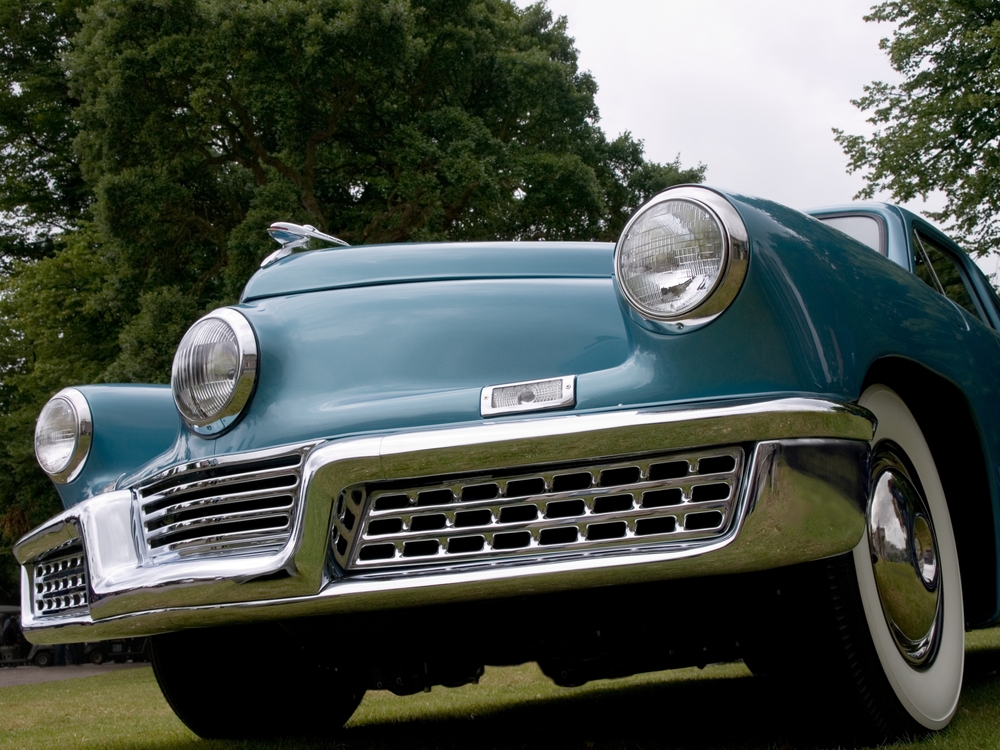
Some automotive innovations were revolutionary, pushing the boundaries of technology and design. Despite being ahead of their time, they failed to gain traction in the market. Read More.
20 Classic Boomer Cars That Don’t Appeal to Millennials
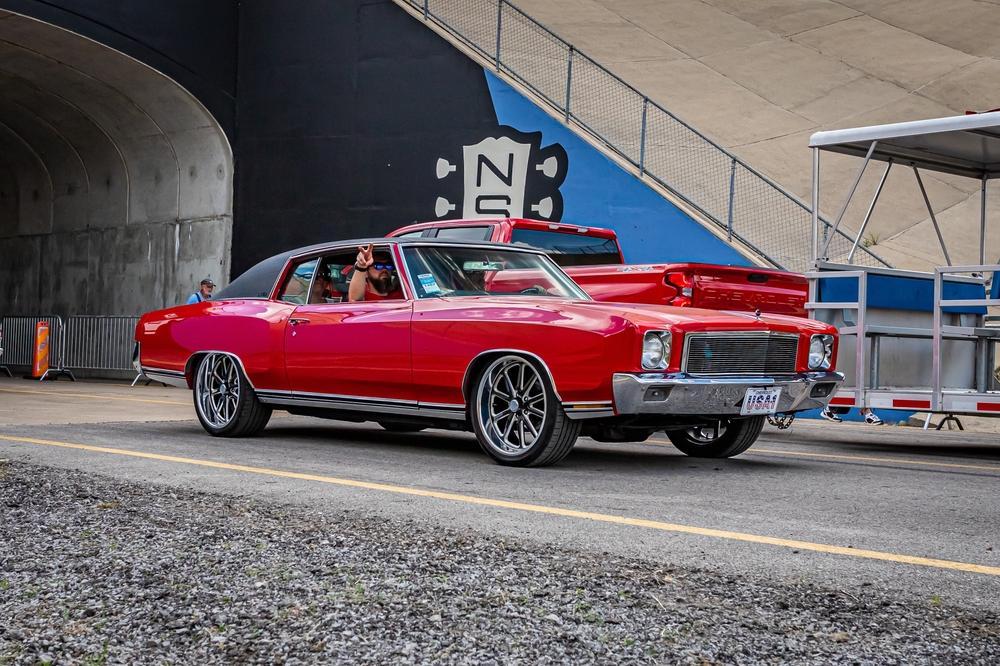
Classic cars beloved by the Boomer generation often go unnoticed by Millennials. Despite their charm and historical significance, these vehicles are being overlooked by the younger generation. Read More.
20 Iconic Cars from Brands That Are No Longer Around
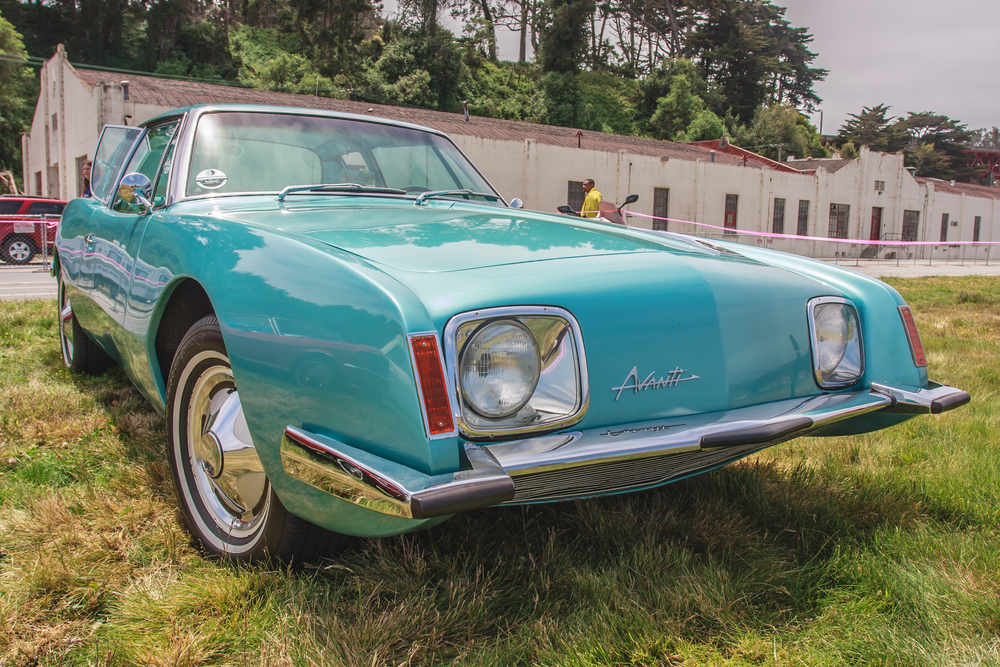
Some of the greatest cars come from brands that have unfortunately ceased to exist. These vehicles remain iconic, showcasing innovative designs and engineering that left a lasting impact on the automotive world. Read More.

